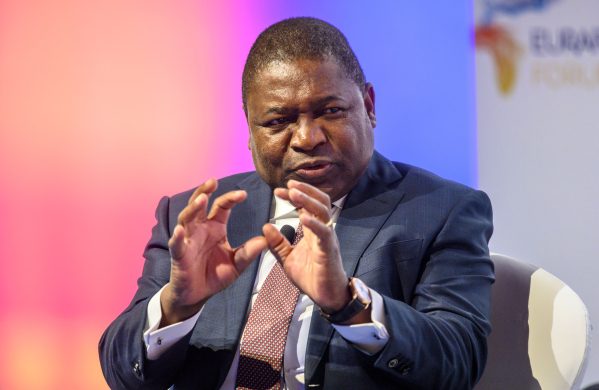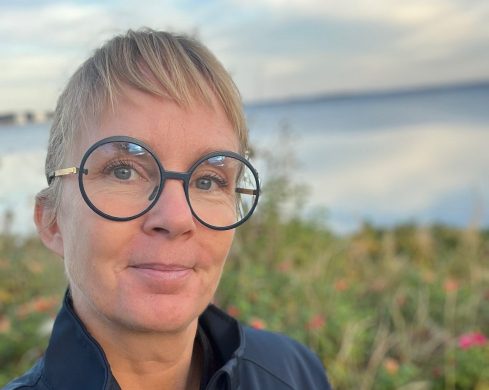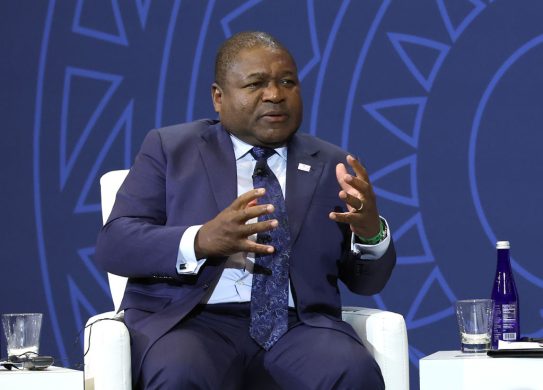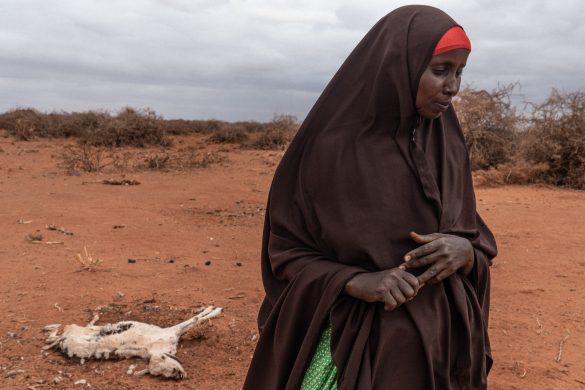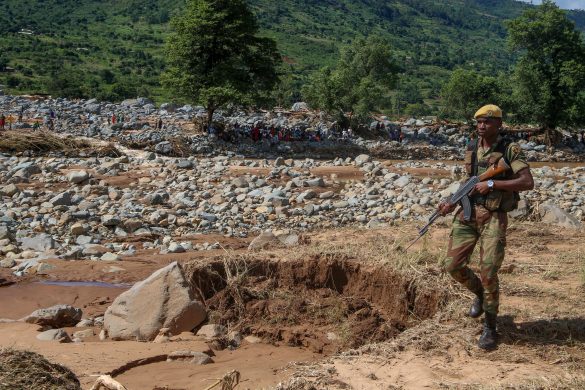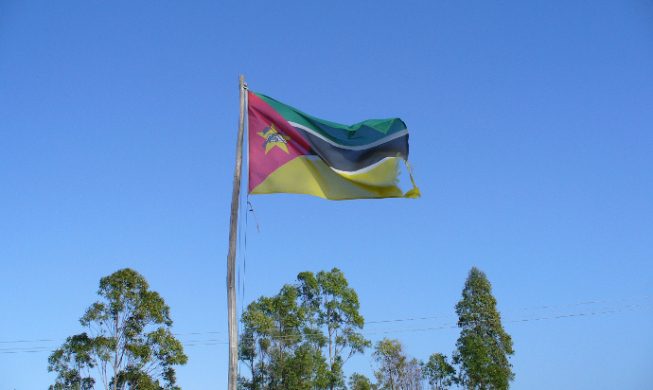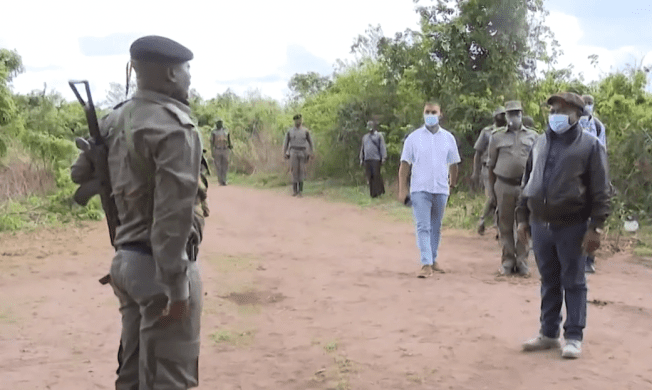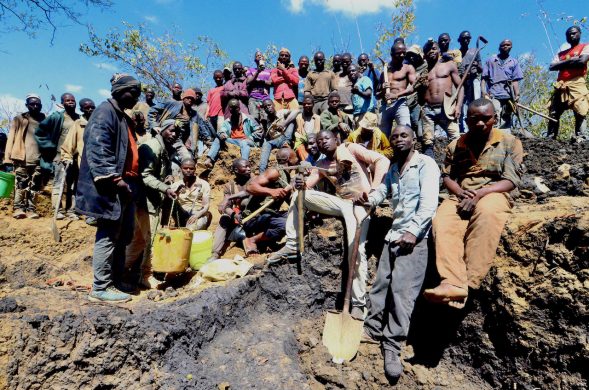* Over 100 participants from the government, develop-ment partners and civil society organizations came together to debate economic growth in Mozambique
* Macroeconomic stability is a key asset to the economy while commercial agriculture could play a large role in reducing poverty, attendees concluded
* Presentations highlighted economic successes in other countries and the potential for Mozambique to replicate the experience
MAPUTO, 16th February, 2011: Creating jobs and reducing poverty were top of the agenda at a conference to discuss economic growth in Mozambique.
The Government of Mozambique, in close coordination with the World Bank, the International Monetary Fund, the African Development Bank, and United Kingdom DFID, organized the high-level conference in Maputo to reflect on the Southern African country’s economy and the potential for growth.
Over the last 15 years, Mozambique has reached macroeconomic stability and experienced impressive economic growth. Access to public services increased significantly and social indicators improved steadily, particularly in the areas of health and education.
There were also important investments in infrastructure and institutional and legal reforms. However, the results of the latest survey on the living conditions of the Mozambican population suggest that poverty reduction has stagnated and job creation has remained below expectations.
MAINTAINING macroeconomic stability
Regarding the economic transformation of productive sectors and job creation, participants stressed the importance of preserving macroeconomic stability – one of Mozambique’s key assets – and discussed the need for the state to provide an enabling playing field for the private sector.
The discussion focused on issues pertaining to
* the creation of technical and vocational skills,
* the potential of public works schemes in creating jobs and developing skills,
* the facilitation of productive activities through passive and active policies,
* improvements in the business environment,
*integrated development planning (including development poles),
* public investment and infrastructure development,
* improvements in the management of mineral resources, and
* the importance of social protection systems.
SMÅBØNDERNES ROLLE
One of the conference’s key themes was the possible role of smallholder and commercial agriculture in poverty reduction.
Given the large proportion of subsistence agriculture, the country needs to invest in policies that ensure a sustainable increase in agricultural productivity and rural income.
Among other issues, participants discussed the importance of technology, strengthening agriculture’s value chain, improvements in land use, and the promotion of rural development for more inclusive growth.
A key message was that the increase in the production of commercial agriculture should be accompanied by policies to strengthen social protection systems and food security.
LEARNING from successes in other countries
The conference included a total of 24 presentations on a number of areas by specialists from Mozambique and other countries. Presenters discussed the successful experiences from different countries such as Brazil, Botswana, China, and Malaysia, and their potential of being replicated under Mozambique’s special conditions.
Presentations illustrated different models of rural development in Brazil and China.
The Brazilian experience on the implementation of conditional cash transfer, along with experiences of other African countries on public work schemes, was well received, and their feasibility should be considered with the support of development partners.
Botswana was used as reference on how to appropriately capture and allocate mineral revenues on a transparent, efficient, and inclusive manner.
Over 100 participants from the government, central bank, civil society, private sector, academia, and development partners met from February 9-11, 2011.
The conclusions of the conference were discussed in a ministerial meeting on February 11, 2011, chaired by Prime Minister Aires Ali. The World Bank and IMF staffs were invited to join the policymakers’ discussions.
Kilde: www.worldbank.org





